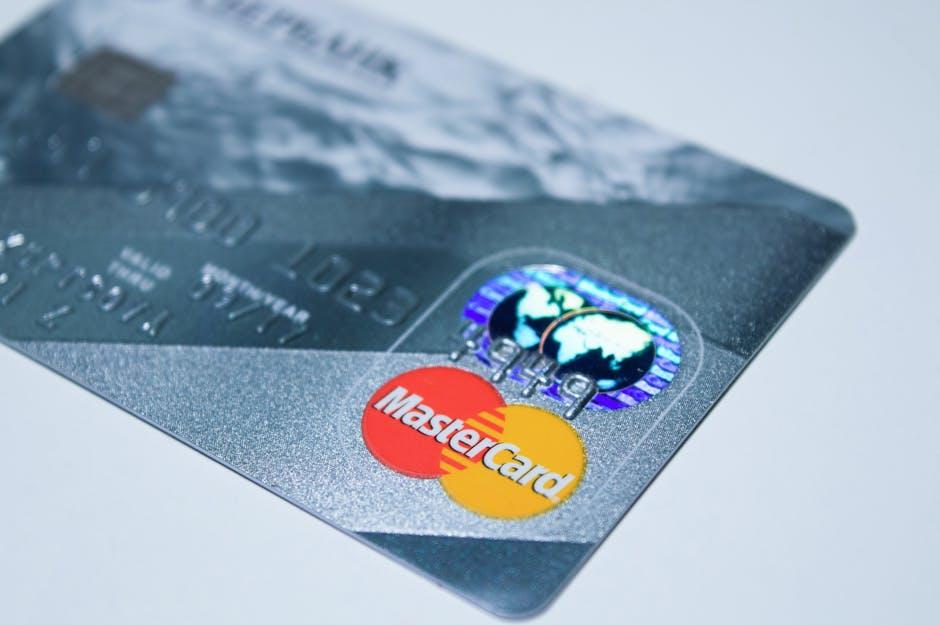
Using Your Flexible Spending Account (FSA) for Dental Care – Investopedia
Managing your dental health can sometimes be expensive, but using a Flexible Spending Account (FSA) could reduce your out-of-pocket costs significantly. Many people are unaware that dental care expenses often qualify as eligible medical expenses under FSAs, allowing you to maximize your healthcare savings. In this comprehensive guide, we’ll discuss how to effectively use your FSA for dental care, what dental expenses qualify, and practical tips to make the most of your benefits.
What is a Flexible Spending Account (FSA)?
A Flexible Spending Account (FSA) is an employer-sponsored benefit that allows you to set aside pre-tax dollars to pay for qualified medical, dental, and vision expenses. By using an FSA for dental care, you can save money by reducing your taxable income, making routine and unexpected dental treatments more affordable.
Are Dental Care Expenses Eligible for FSA?
The IRS considers many dental services to be “qualified medical expenses,” which makes them eligible for payment through your FSA. However, it’s essential to understand exactly which treatments and products qualify to avoid disallowed expenses.
Common Dental Expenses Eligible for FSA
- Routine cleanings and exams
- X-rays and dental imaging
- Fillings for cavities
- Extractions and oral surgery
- Braces and orthodontic treatment
- Dentures and bridges
- Root canals and crowns
- Fluoride treatments
- Sealants
- Anesthesia related to dental care
Dental Expenses NOT Eligible for FSA
- Cosmetic dental procedures such as teeth whitening
- Toothpaste and regular toothbrushes (unless a specific medical prescription exists)
- Electric toothbrushes and floss (usually not covered)
- Non-prescription mouthwash
How to Use Your FSA for Dental Care Efficiently
To get the most out of your FSA funds, strategic planning and a clear understanding of your dental needs for the year are key. Follow these practical steps to optimize your FSA benefits:
1. Plan Annual Dental Appointments
Schedule routine preventive care such as cleanings, exams, and X-rays early in the year to budget and potentially use your funds before they expire.
2. Submit Claims Promptly
Keep track of all dental receipts and submit claims as soon as possible to avoid missing your FSA’s use-it-or-lose-it deadlines, which can differ by plan.
3. Coordinate With Your Dental Insurance
Use your FSA alongside dental insurance benefits for out-of-pocket expenses to maximize your savings.
4. Consider Major Procedures Early
If you anticipate major dental work like root canals, braces, or crowns, budgeting FSA funds ahead of time ensures you have pre-tax earnings set aside to cover costs.
Table: Examples of FSA-Eligible Dental Services and Typical Costs
| Dental Service | Average Cost | FSA Eligible? |
|---|---|---|
| Routine Cleaning & Exam | $75 – $200 | Yes |
| X-Ray Imaging | $20 – $150 | Yes |
| Filling (Composite) | $90 – $250 | Yes |
| Braces (Orthodontics) | $3,000 – $7,000+ | Yes |
| Teeth Whitening | $200 – $500 | No |
| Dentures | $1,000 – $3,000 | Yes |
Benefits of Using an FSA for Dental Care
Choosing to pay for dental care through your Flexible Spending Account has numerous benefits that can make oral health management easier and more affordable:
- Tax Savings: Contributions are made pre-tax, reducing your taxable income.
- Improved Budgeting: Dedicating funds ahead of time helps you manage dental treatment costs without financial surprises.
- Broad Expense Coverage: Covers many essential dental care treatments linked to medical health.
- Increased Accessibility: Encourages regular dental visits by easing the immediate financial burden.
Practical Tips to Maximize Your Dental FSA Usage
Along with understanding which dental expenses qualify, consider these expert tips to enhance the benefits of your FSA for dental care:
- Establish a Care Calendar: Track your annual dental needs to ensure you plan around your FSA’s funding and deadlines.
- Use FSA Debit Cards: Many plans provide debit cards for direct payment, increasing convenience at dental offices.
- Save Your Receipts: Even if paying upfront, receipts are essential for reimbursements and tax documentation.
- Ask About Pre-approval: For major procedures, check if your plan or dentist requires prior approval for reimbursement.
- Leverage Employer Resources: Some employers provide FSA education sessions or personal financial advisors to help optimize benefits.
Case Study: How Jessica Saved on Orthodontics Using Her FSA
Jessica, a 29-year-old professional, needed braces but was hesitant due to the high cost. After enrolling in her company’s FSA plan and allocating $2,500 for the year, she paid for orthodontic exams and part of her braces treatment using FSA funds. By using pretax money instead of after-tax income, Jessica saved approximately 25% on her dental costs, making her dream smile more affordable and manageable.
What to Watch Out For: Common FSA Pitfalls
While FSAs are highly beneficial, keep these pitfalls in mind to avoid losing money or facing denied claims:
- Use-It-or-Lose-It Rule: Many FSAs require you to use funds within the plan year or risk forfeiting unused money.
- Keeping Documentation: Not submitting proper documentation can lead to denial of claims.
- Certain Ineligible Items: Be cautious of purchasing non-eligible dental products or cosmetic procedures.
- Contribution Limits: Remember IRS limits on how much you can contribute annually — usually around $3,050 (2024), but check your plan specifics.
Conclusion
Your Flexible Spending Account can be an excellent resource to manage and reduce dental care costs throughout the year. By fully understanding which dental treatments qualify, planning ahead, and using your FSA wisely, you can maximize your tax savings and maintain optimal oral health without breaking the bank. Take advantage of this pre-tax benefit to make dental care affordable and stress-free. Whether it’s routine cleanings, fillings, or orthodontic work, your FSA can be a powerful ally in your healthcare planning.
Start reviewing your dental needs now and consult your FSA plan to ensure you’re getting the most from your dental benefits!


